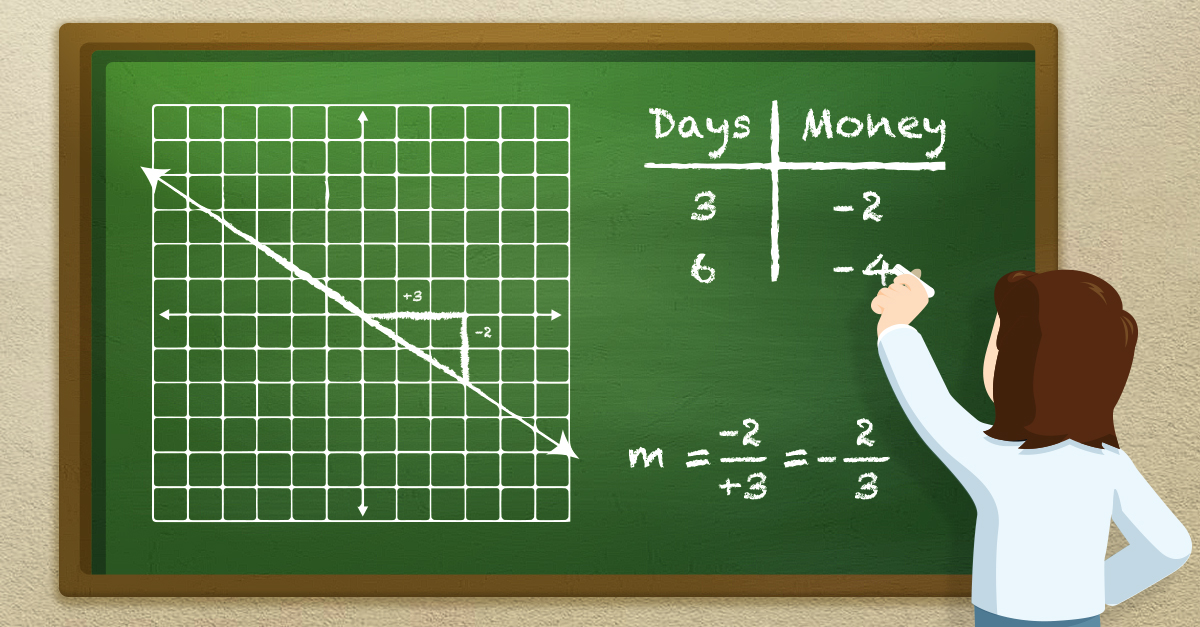Fractions Are Critical for Success in Higher Math

ANN ARBOR, Mich.—What part of math success comes from knowing fractions? More than you might think, according to a new study that analyzed long-term data on more than 4,000 children from both the United States and the United Kingdom.
Published in the current issue of the peer-reviewed journal Psychological Science, the study found that understanding fractions and division at age 10 predicted algebra and overall math achievement in high school, even after statistically controlling for a wide range of factors.
This quote is the first part of an article that appeared in June of 2012 and caused quite a stir in the educational community. Basically, this study (as well as several others) seems to indicate that a student’s ability to understand and work with fractions predicts how well he will do in higher levels of math.
The Importance of Learning Fractions
If you’ve worked with a student in upper-level math (or if you can remember back to your own schooling), you might immediately be able to see some areas in which fractions are used in higher math. For example, in algebra, the slope of a line is expressed in fractional form, and students work with fractions that have variables in the numerator and/or denominator (rational expressions). In geometry, students work with trigonometric ratios (sine, cosine, tangent, etc.) and similar figures, which also require the ability to work with fractions. Even in their science classes, such as chemistry and physics, students need to be able to use their knowledge of fractions to convert units of measure. If for no other reason, students need to know how to work with fractions so that they can apply this knowledge to tasks they need to perform in higher-level math.
Benefits of Mastering Fractions
There are more benefits to mastering fraction concepts, however than just their application to future math tasks. Think about the math that a student learns before focusing on fractions — the material that is covered in Math-U-See Primer through Delta. At these levels, students focus primarily on the basic operations of addition, subtraction, multiplication, and division. While conceptual understanding is still needed to master these operations (for example, why you move over the second line when multiplying by a two-digit number), the reality is that it is possible for students to “get by” if they simply memorize the steps or rules for performing those operations. When dealing with fractions, however, simple memorization is not enough to truly master the concepts. It is much easier to add 12 + 35 mentally than it is to add 2/3 + 3/5. The study of fractions forces students to begin working more fluently with numbers and think more abstractly than they have before. Students who become competent with fractions develop fundamental mathematical reasoning skills that they then can apply to even more abstract concepts in the higher levels of math; in other words, students who have worked to master fractions have “primed their brains” for advanced mathematical knowledge.
This leads to the final reason why mastering fractions is so critical to success in higher math. Students whose brains are developed in this manner become more fluent mathematical thinkers. They find that they are able to understand math problems better and that they solve more of them correctly and efficiently. This builds their confidence so that they are able to approach new concepts with less stress (which interferes with learning), and they become more willing to attempt challenging activities.
So what can you do to make sure your student is competent with fractions? Fractions are the primary focus of the Epsilon level of the Math-U-See program. If your student has not yet reached Epsilon, make the commitment to ensure your student masters the material in that course. Take your time going through Epsilon and doing the manipulatives activities, which are designed to build understanding. If your student is beyond Epsilon, you might want to consider going back and using the course material to strengthen your student’s foundation in these concepts. As we state at the beginning of every Math-U-See Instructor’s Manual, “Our goal is to help produce confident problem solvers who enjoy the study of math.” We want to make sure your student is one of them!
We Are Here to Help
If you have questions about teaching math, we are here to help!
Get in Touch